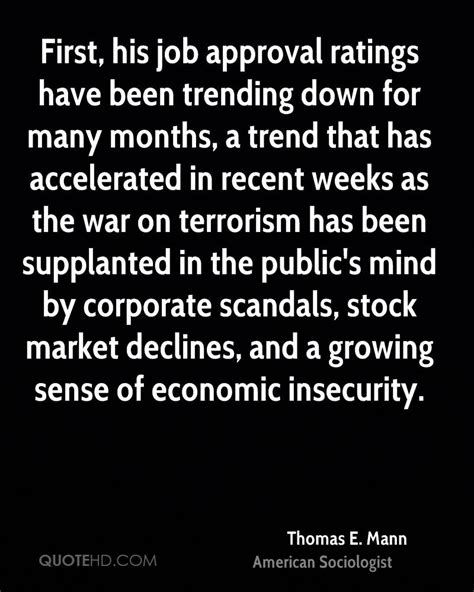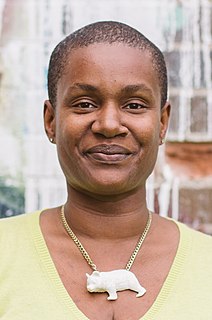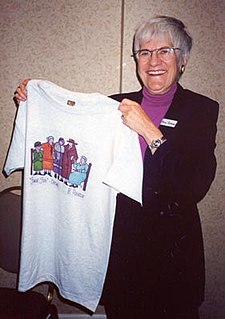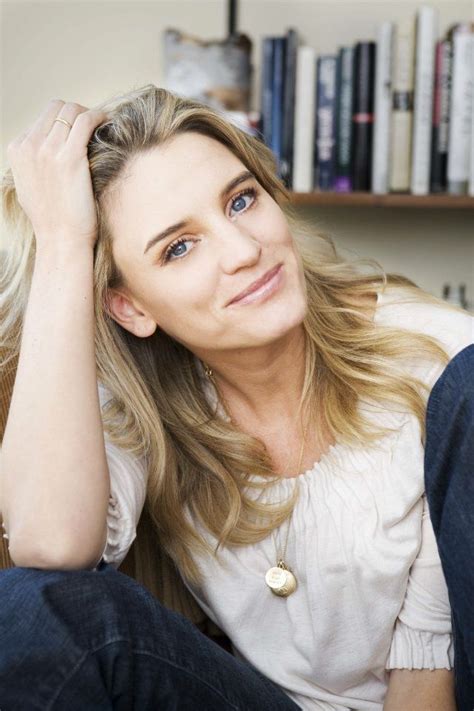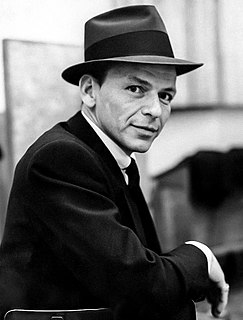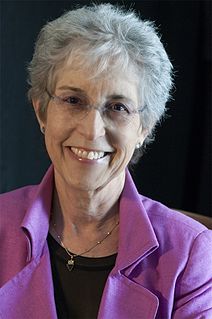A Quote by Thomas E. Mann
I don't believe in a golden mean; I don't believe you find policy wisdom between two polar points. I don't dismiss that possibility, but I look at the platform that's so ideologically based, that's so dismissive of facts, of evidence, of science, and it's frankly hard to take seriously.
Related Quotes
Religion is based upon blind faith supported by no evidence. Science is based upon confidence that results from evidence - and that confidence can be modified and/or reversed by further observations and experimentation. Science approaches truth, closer and closer, by hard dedicated work. Religion already has it all decided, and it's in the book. It's dogma, unchangeable, and unaffected by reality and whatever facts we come upon in the real world.
It's so hard to believe in anything anymore, you know what I mean? It's like, religion, you really can't take it seriously, 'cause it seems so mythological, and seems so arbitrary; and then on the other hand, science is just pure empiricism, and by virtue of its method, it excludes metaphysics. I guess I wouldn't believe in anything if it weren't for my lucky astrology mood watch.
Look, science is hard, it has a reputation of being hard, and the facts are, it is hard, and that's the result of 400 years of science, right? I mean, in the 18th century, in the 18th century you could become an expert on any field of science in an afternoon by going to a library, if you could find the library, right?
I believe in love. I believe in hard times and love winning. I believe marriage is hard. I believe people make mistakes. I believe people can want two things at once. I believe people are selfish and generous at the same time. I believe very few people want to hurt others. I believe that you can be surprised by life. I believe in happy endings.
I believe in you and me. I'm like Albert Schweitzer and Bertrand Russell and Albert Einstein in that I have a respect for life -- in any form. I believe in nature, in the birds, the sea, the sky, in everything I can see or that there is real evidence for. If these things are what you mean by God, then I believe in God. But I don't believe in a personal God to whom I look for comfort or for a natural on the next roll of the dice.
Here is an entirely banal idea that I think has the potential to change the world: Take evidence seriously. Taking evidence seriously does not mean privileging numbers over all other forms of knowledge - theories, narratives, images. Nor does it mean the kind of radical skepticism that questions everything to the point where no action is possible.
The scientific method is designed to help investigators overcome the most entrenched human cognitive habit: the confirmation bias, the tendency to notice and remember evidence that confirms our beliefs or decisions, and to ignore, dismiss, or forget evidence that is discrepant. That's why we are all inclined to stick to a hypothesis we believe in. Science is one way of forcing us, kicking and screaming if necessary, to modify our views.
